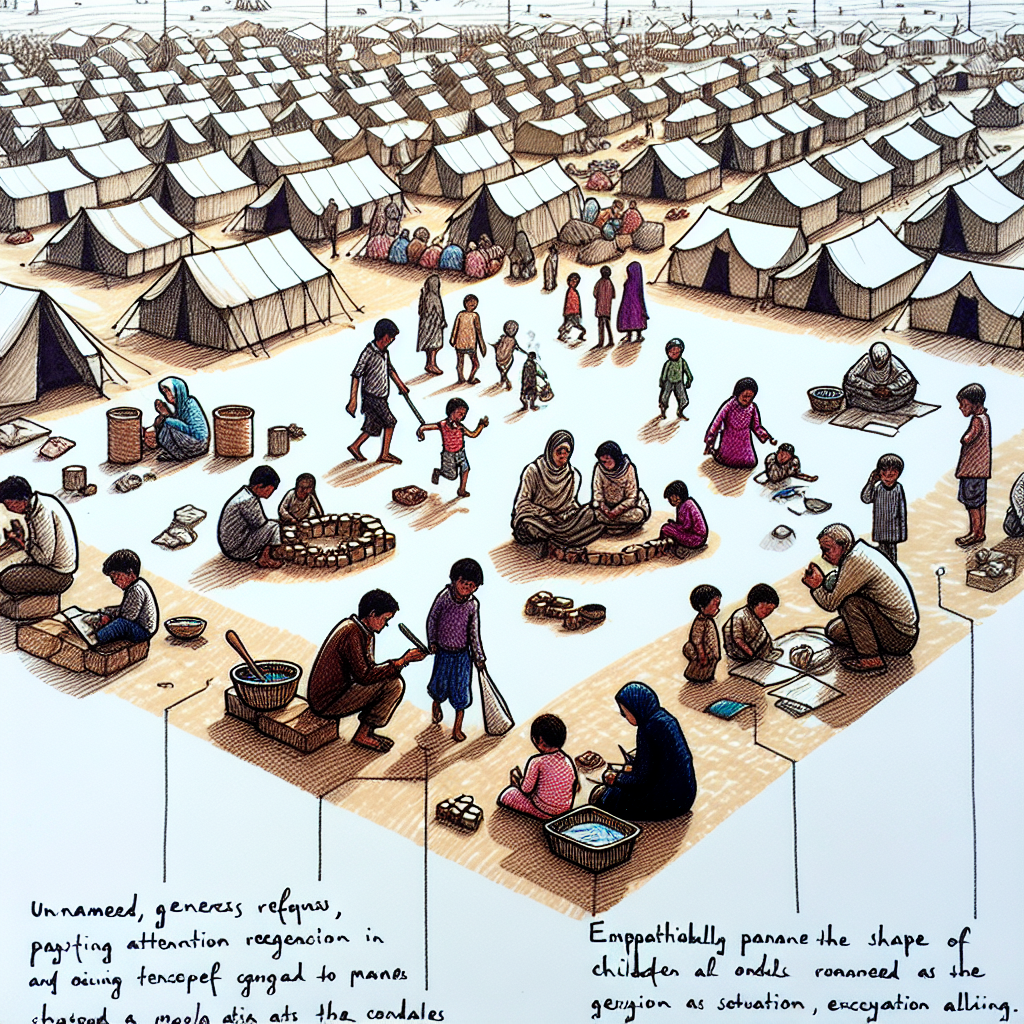Refugees and migrants continue to endure severe violence, human rights violations, and exploitation on land routes across the African continent toward its Mediterranean coastline, according to a new report released by UNHCR, the UN Refugee Agency, the International Organization for Migration (IOM), and the Mixed Migration Centre (MMC). Titled “On this journey, no-one cares if you live or die” (Volume 2), the report sheds light on the dangers faced by refugees and migrants on these often overlooked land routes.
The report reveals that more people are estimated to cross the Sahara Desert than the Mediterranean Sea, with deaths in the desert presumed to be double those at sea. The three-year data collection period highlights the increasing number of people attempting these perilous land crossings due to deteriorating conditions in their countries of origin and host countries. Contributing factors include new conflicts in the Sahel and Sudan, the impact of climate change on emergencies in East and Horn of Africa, and rising racism and xenophobia.
Refugees and migrants are traversing areas with active insurgent groups, militias, and other criminal actors, where human trafficking, kidnapping for ransom, forced labor, and sexual exploitation are common. Smuggling routes are shifting towards more remote areas to avoid conflicts and border controls, exposing people to even greater risks.
The report documents numerous abuses, including torture, physical violence, arbitrary detention, death, kidnapping for ransom, sexual violence and exploitation, enslavement, human trafficking, forced labor, organ removal, robbery, and refoulement. Criminal gangs, armed groups, security forces, police, military, immigration officers, and border guards are identified as perpetrators.
Despite international commitments to save lives and address vulnerabilities, the report warns that current actions are inadequate. Gaps in protection and assistance push refugees and migrants to take dangerous journeys, and survivors of abuse rarely receive specific support or access to justice. Humanitarian efforts are hampered by inadequate funding and restrictions on access, especially in informal detention centers and holding facilities.
UNHCR, IOM, and partners have increased life-saving protection services, assistance, identification, and referral mechanisms along the routes, but these efforts alone are insufficient. The organizations call for concrete, routes-based protection responses to save lives and reduce suffering. They emphasize the need to address the root causes of displacement and irregular migration through peacebuilding, human rights respect, governance, tackling inequality, climate change action, and social cohesion. Creating safe pathways for migrants and refugees across countries of origin, asylum, transit, and destination is also crucial.
The organizations hope that the report's findings will spur action to address the current gaps in the response to the plight of people on the move.











